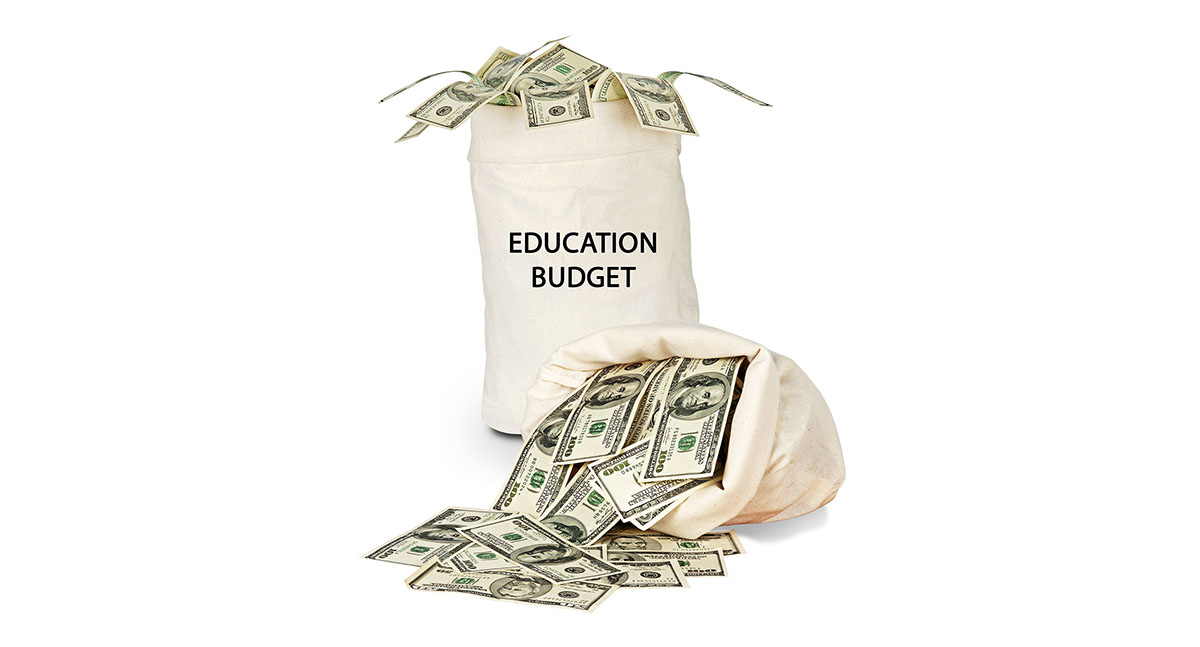In the booming 2017 national economy, only two states underperformed Kansas–Louisiana and Connecticut. In fact, Kansas was one of only three states in which the economy contracted in 2017. Population growth has also been relatively slow in Kansas. In the years since 2010, Kansas has been adding people at less than half the national rate.

During a recent Kansas Chamber of Commerce forum, several candidates ventured their ideas on why Kansas has not done better and how it can do better in the future.
As reported in the Wichita Eagle, independent candidate Greg Orman asked for more money to fund students seeking training certificates. “We’ve got all sorts of dollars available if someone wants a four-year degree, if someone wants a two-year degree, but we have limited dollars available for kids going into certificate programs,” said Orman.
Also playing small ball, Republican Insurance Commissioner Ken Selzer argued for “public-private partnerships” that would help school districts better train their students to meet local job needs.
Republican Jim Barnett also lobbied for more local control. “What is needed in Garden City may not be needed in Olathe,” his campaign noted.
Republican Gov. Jeff Colyer focused on training as well, specifically additional aviation-related training to help Wichita’s struggling economy. Colyer also launched a Governor’s Education Council to better connect business leaders with educators.
Several candidates, Orman and Democrat Josh Svaty among them, hoped to exploit Kansas’s centrality by making it more attractive to large scale distributors. The one hitch in this ambition, however, is that major distributors prefer to be in the population center of the country–Memphis, Indianapolis–not the geographic one.
Democratic Sen. Laura Kelly hoped to revive the scandal-ridden Kansas Bioscience Authority whose investment portfolio was sold off in 2016 in something of a fire sale. Former Wichita mayor Democrat Carl Brewer talked airily about the need for a quality education system and for the more international presence for the state’s agricultural, energy and manufacturing sectors.
According to the Eagle article only Secretary of State Kris Kobach spoke of the need to reinstate the 2012 tax cuts. “The nation’s economy is having a massive rebound and the Trump tax cut is helping companies and individuals all across the land, yet here in Kansas we’re moving in the opposite direction,” said Kobach. He argued that the problem with Brownback’s plan was the state’s failure to cut spending as well as to cut taxes.
Kobach’s position tracked with that of Kansas Policy Institute President Dave Trabert, also interviewed for the Eagle article. Trabert contended that an effective governor could implement and direct a tax and spending reduction program.
“This is what a governor can do, is take the lead and show legislators and citizens how we’re going to get wherever we want to go,” said Trabert, who believes that no government can tax and spend its way to prosperity.




